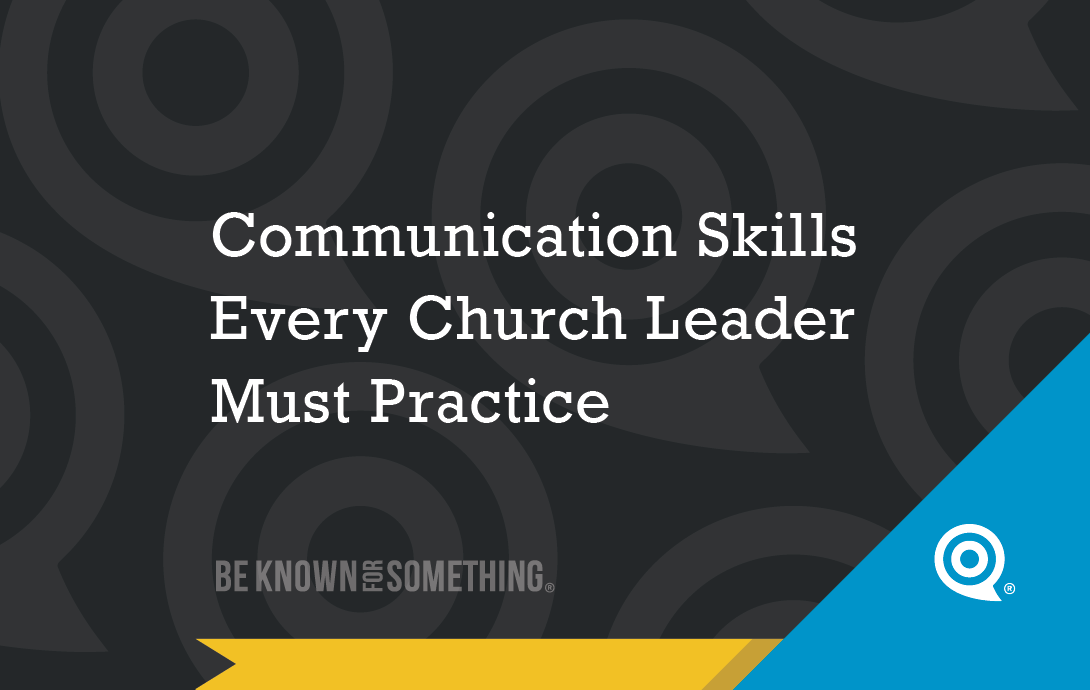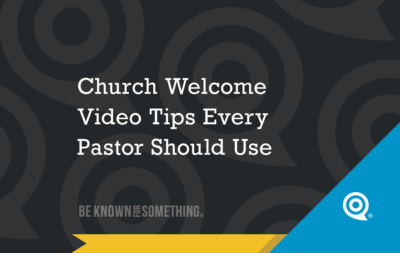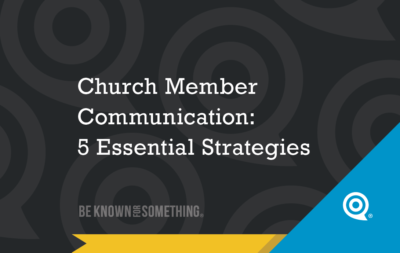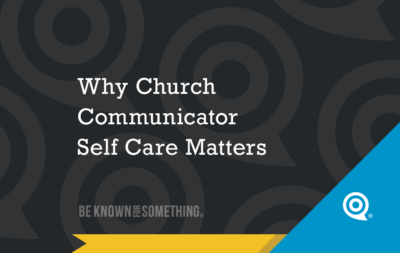5 Communication Skills Every Church Leader Must Practice

Effective communication is essential for church leaders and Pastors to inspire, guide, and connect with their congregation. Mastering these skills not only strengthens relationships but also enhances the church’s brand, mission, and outreach. Here are five communication skills every church leader must practice:
1. Active Listening
Active listening involves fully concentrating, understanding, and responding thoughtfully to what others are saying. This builds trust and shows respect. Practical Tips:
- Maintain Eye Contact: This shows interest and engagement. Make sure your body language reflects attentiveness. More importantly, BE present.
- Reflect and Clarify: Summarize what you heard to ensure understanding. For example, “What I hear you saying is… Is that correct?”
2. Clear and Concise Messaging
Being clear in communication ensures your message is easily understood without confusion. Practical Tips:
- Use Simple Language: Avoid complexity. Aim for simplicity and directness in all messages.
- Be Structured: Organize your thoughts logically using outlines to ensure your message is understood.
3. Empathy and Compassion
Understanding and sharing the feelings of others is crucial in ministry. This helps build deeper connections and provides meaningful support. Make them need you! Practical Tips:
- Show Genuine Concern: Respond to members’ concerns with empathy. Phrases like “I understand this is difficult for you” can be comforting. Put yourself in their shoes.
- Personalize Your Interactions: Remember personal details and follow up on previous conversations. This shows that you care. Use your contact app’s note area after each conversation.
4. Effective Speaking from the Stage
Public speaking is a core component of church leadership, whether delivering sermons, leading meetings, or making announcements. Keep improving your skills here! Practical Tips:
- Practice: Rehearse to build confidence and improve. Watch others to learn their skills on YouTube and church website videos. Learn from their structure, storytelling, and outlines.
- Engage Your Audience: Use eye contact, body language, and varying vocal tones to keep your audience engaged and connected. Be mindful of lower attention spans!
5. Digital Communication Proficiency
In today’s digital age, proficiency in digital communication platforms is essential for reaching a broader audience and maintaining engagement. Practical Tips:
- Perfect Social Media: Regularly post inspirational posts, event updates, and interesting personal news on platforms like Facebook, Instagram, and Twitter. Post videos that are engaging.
- Email Newsletters: Send weekly or monthly newsletters to keep your congregation informed and involved. Make sure the content is relevant and visually appealing. Edit. Edit. Edit. And lead them to your church website for details (oh, and improve your website)!

Want 25 Game-Changing Resolutions?
Related Posts

Church Welcome Video Tips Every Pastor Should Use
Your church welcome video is often the first message people experience before they ever step into your building. Long before

Church Member Communication: 5 Essential Strategies
When someone decides to join your church, your communication becomes more than information; it becomes discipleship. Too often, well-meaning churches

Why Church Communicator Self Care Matters
Church communicators are often the quiet carriers of pressure. You’re shaping messages, managing platforms, responding to urgency, and translating vision

